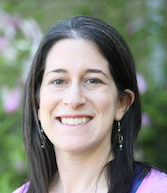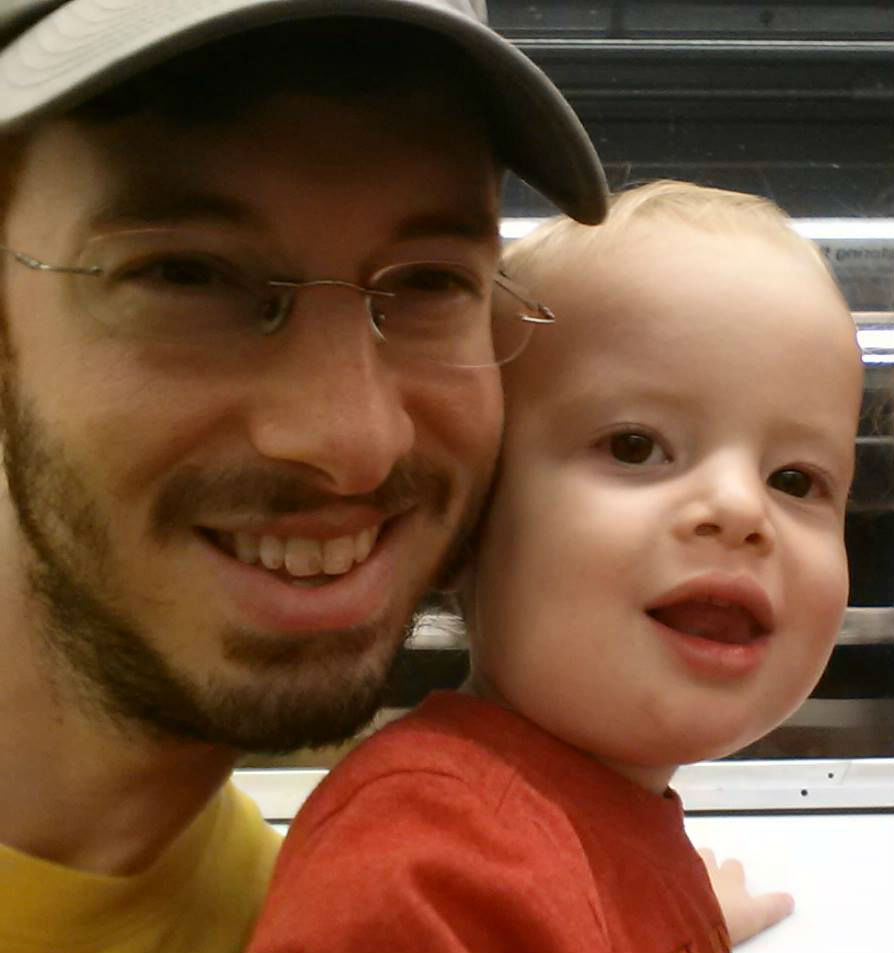
True Teshuvah
When does Jacob do teshuvah for swindling his brother Esau out of birthright and paternal blessing? Reading over the brothers’ reconciliation in Parshat Vayishlach, I am struck by all that is missing. How can the brothers truly reconnect if past hurts are left buried? As Esau approaches, Jacob’s actions show concern but not contrition. He...
read more








